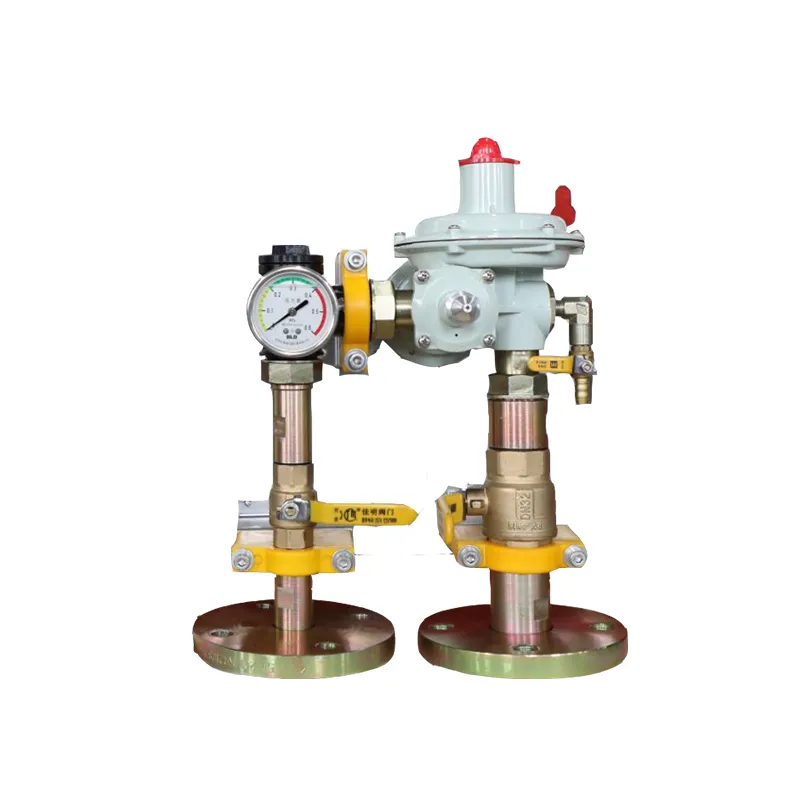
Dec . 16, 2024 08:36
Back to list
Effective Filtration Solutions for Natural Gas Processing and Purification Systems
The Importance of Natural Gas Filters in Modern Industries
Natural gas is a vital energy resource that powers homes, industries, and power plants worldwide. Its usage has significantly increased due to its efficiency and lower carbon emissions compared to other fossil fuels. However, natural gas can also contain impurities that, if not removed, can lead to equipment damage, lower efficiency, and environmental issues. This is where natural gas filters come into play, serving a crucial role in ensuring the purity and safety of natural gas as it moves through distribution and usage systems.
Understanding Natural Gas Filters
Natural gas filters are designed to remove solid particles, liquids, and contaminants from the gas before it is used or sent to the end-user. These filters are essential in various applications, including utility companies, industrial manufacturing, and even residential heating systems. The main contaminants found in natural gas include water vapor, dirt, dust, and other particulates that can compromise the quality of the gas, damage equipment, and reduce operational efficiency.
Filters generally come in several types, including coalescing filters, particulate filters, and activated carbon filters. Each filter type serves a specific purpose and is chosen based on the particular needs of the application. For example, coalescing filters are effective for removing water and other liquid hydrocarbons, while activated carbon filters excel at removing odors and volatile organic compounds.
The Operational Benefits of Using Natural Gas Filters
Implementing natural gas filters offers numerous advantages to both consumers and providers of natural gas. Firstly, filters help maintain the integrity and efficiency of gas delivery systems. When impurities are allowed to enter pipelines and equipment, they can cause corrosion and damage, leading to costly repairs and downtime. By using filters, companies can extend the lifespan of their equipment, maintain operational efficiency, and reduce maintenance costs.
Furthermore, the use of natural gas filters can lead to enhanced safety measures. Natural gas, when contaminated, can pose various hazards such as fires, explosions, and toxic exposure. Filters reduce these risks by ensuring that only clean gas is distributed. This is particularly crucial in industrial settings where large volumes of natural gas are utilized and strict safety regulations must be adhered to.
natural gas filter

On the consumer side, natural gas filters contribute to better energy efficiency. Clean gas burns more efficiently, resulting in improved energy output and reduced energy costs. Home heating systems and appliances such as gas stoves and water heaters can perform optimally when supplied with untainted natural gas.
Environmental Considerations
The importance of natural gas filters goes beyond operational advantages; they also play a crucial role in minimizing environmental impacts. Contaminated natural gas can contribute to air pollution when burned. By ensuring that only clean gas reaches end-users, filters help reduce harmful emissions, thus supporting environmental sustainability initiatives.
Moreover, the proper treatment and filtration of natural gas can prevent leaks and other emissions of methane, a potent greenhouse gas. Investing in advanced filtration technologies can significantly lower the environmental footprint of natural gas usage, aligning with global efforts to combat climate change.
Conclusion
In summary, natural gas filters are indispensable in ensuring the quality and safety of natural gas throughout its lifecycle. As the demand for natural gas continues to grow, so too does the need for reliable filtration solutions. With benefits ranging from enhanced equipment longevity to improved energy efficiency and environmental sustainability, the role of natural gas filters will only become more prominent in the coming years.
Industries, utility providers, and households must prioritize the implementation of effective filtration systems to safeguard their operations and contribute to a cleaner, more sustainable energy future. Investing in quality natural gas filtration not only protects the infrastructure but also promotes a safe and responsible energy consumption model that benefits both society and the planet.
Next:
Latest news
-
Safety Valve Spring-Loaded Design Overpressure ProtectionNewsJul.25,2025
-
Precision Voltage Regulator AC5 Accuracy Grade PerformanceNewsJul.25,2025
-
Natural Gas Pressure Regulating Skid Industrial Pipeline ApplicationsNewsJul.25,2025
-
Natural Gas Filter Stainless Steel Mesh Element DesignNewsJul.25,2025
-
Gas Pressure Regulator Valve Direct-Acting Spring-Loaded DesignNewsJul.25,2025
-
Decompression Equipment Multi-Stage Heat Exchange System DesignNewsJul.25,2025

